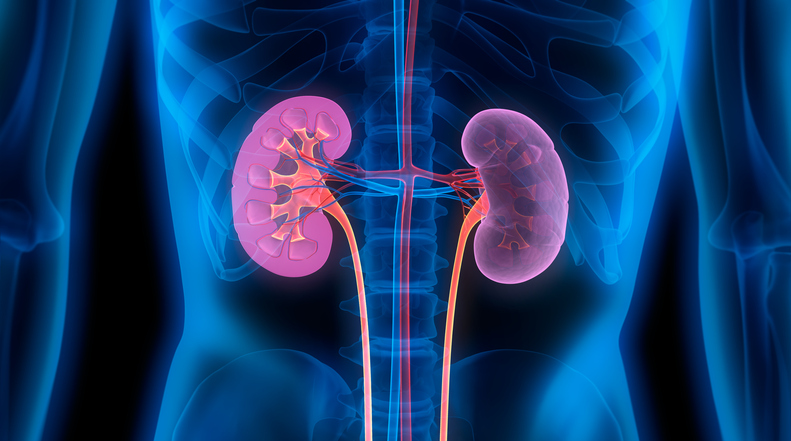
A Roche drug that is one of the company’s top cancer products is expanding to autoimmune disease with a new FDA approval in lupus nephritis.
The intravenously infused drug, Gazyva, may now be used to treat adults with active lupus nephritis who are receiving standard therapy for the disease. The regulatory decision announced Monday brings another biologic therapy to this disorder, joining a blockbuster product from GSK.
Lupus nephritis develops as a complication of systemic lupus erythematosus, a disorder in which the immune system mistakenly attacks the body’s own tissues and organs. In lupus nephritis, autoantibodies cause kidney inflammation that leads to the loss of nephrons, the functional units of kidneys that filter blood to produce urine. The irreversible loss of nephrons leads to worsening kidney function; many patients progress to end-stage kidney disease requiring dialysis or a kidney transplant. According to Roche, more than 1.7 million people worldwide suffer from lupus nephritis, most of them women.
Gazyva works by depleting B cells, a type of immune cell. The drug is a monoclonal antibody designed to bind to CD20, a protein found on the surface of B cells. This approach sparks mechanisms that lead to cell death. Abnormal B cells can drive blood cancers, and Gazyva was first approved in 2013 for treating chronic lymphocytic leukemia. But B cells can also drive persistent inflammation behind autoimmune disorders and Gazyva is the latest example of a cancer drug finding new applications in immunology.
Roche’s FDA submission in lupus nephritis was supported by a placebo-controlled Phase 3 clinical trial that evaluated Gazyva in addition to standard therapy — immunosuppressants and anti-inflammatory drugs. Results showed that nearly 46.4% of those in the study drug arm achieved a complete renal response compared to 33.1% of those who received a placebo and standard therapies. Results also showed clinically meaningful improvements on measures of levels of proteins indicative of autoimmune disease and reductions in corticosteroid use.
Gazyva’s safety was consistent with the drug’s profile in blood cancers. The most common adverse reactions reported in cancer clinical trials included infusion-related reactions; abnormally low levels of neutrophils, a type of white blood cell; and upper respiratory tract infections.
“People with lupus nephritis who achieve a complete renal response are more likely to experience preserved kidney function and delay, or even prevention, of progression to end-stage kidney disease,” Levi Garraway, Roche’s chief medical officer and head of global product development, said in a prepared statement. “The approval of Gazyva by the FDA marks an important step towards a potential new standard of care for lupus nephritis, one that could allow clinicians to offer their patients more effective disease control.”
With Gazyva’s new approval, Roche can provide patients a biologic alternative to the well-established GSK product Benlysta, an antibody designed to inhibit BlyS, a protein that is key to B cell survival. Benlysta’s 2011 FDA approval in systemic lupus erythematosus made it the first biologic for the autoimmune disorder. In 2020, the drug expanded its label to lupus nephritis. GSK reported £1.5 billion (about $2 billion) in revenue for Benlysta in 2024, a more than 10% increase over sales in the prior year. In 2021, AstraZeneca won FDA approval for its biologic drug Saphnelo, but this antibody drug is only approved for systemic lupus erythematosus.
Roche’s Gazyva (Gazyvaro in Europe) is approved in 100 countries for various types of blood cancers. Roche reported 910 million Swiss francs (about $1.15 billion) in 2024 revenue for the product, a 12.2% increase compared to the prior year. Gazyva is still under regulatory review for lupus nephritis in Europe. Last week, a European Medicines Agency committee recommended approval of the product in the autoimmune condition. Roche is eyeing further expansion of Gazyva’s label. Clinical trials are ongoing in systemic lupus erythematosus, membranous nephropathy, idiopathic nephrotic syndrome, and in children and adolescents with lupus nephritis.
Photo: peterschreiber.media, Getty Images


